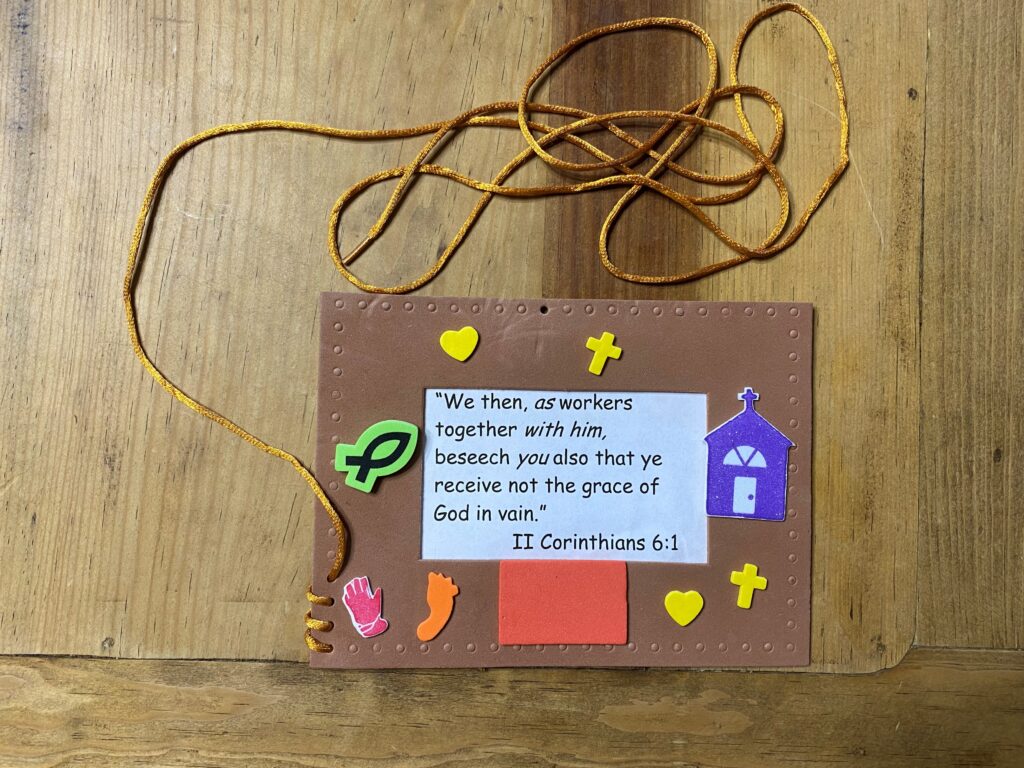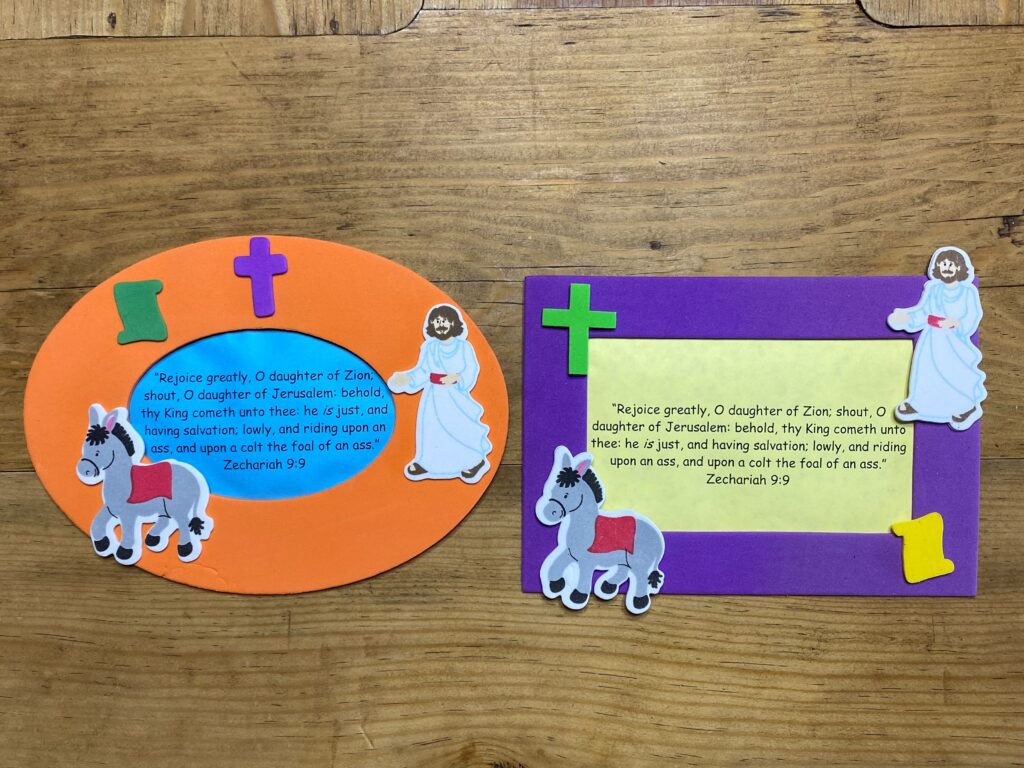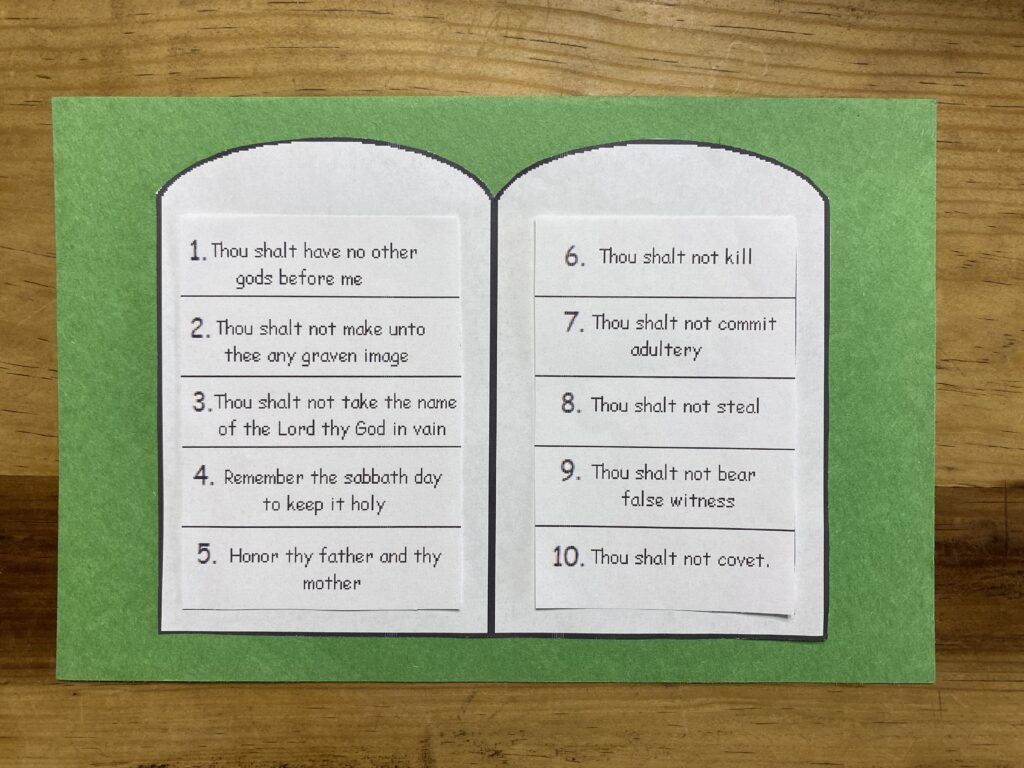
Key Verse
Having therefore these promises, dearly beloved, let us cleanse ourselves from all filthiness of the flesh and spirit, perfecting holiness in the fear of God.
—2 Corinthians 7:1
Key Verse Thought: Read today’s Key Verse. After reading it, understand it better with the following definitions:
- Cleanse means “to purify from the pollution and guilt of sin – in a spiritual sense.”
- Filthiness means “anything that defiles (to make unclean or impure).”
- Holiness means “exhortation to believers to perfect holiness – to live a virtuous life in the fear of God.”
In this lesson, we will learn as Paul wrote to the Corinthians helping them understand that God wanted them to remove sin and live a life pleasing Him.
Emphasis: In this lesson, we are to understand the importance of putting away sin, choosing Christian friends, and to grow more Christ-like in our lives. It is imperative that we examine our hearts and lives to be sure we are becoming more like Christ.
Lesson Summary: After reading the letter of Romans as Paul taught the foundational doctrine (doctrine means “a principle or position laid down as true by an instructor or master”), and instruction for the church, we learned that there were faults in the church at Corinth. Paul then wrote two letters to the Corinthians convincing them of the faults and teaching them how to correct them. As we continue in this lesson, Paul gives further instruction as they were learning how to live and function as the body of Christ. These words were preserved through the years so that Christians today could continue to learn.
Paul called them to work together, not forgetting they were saved by grace, and to grow in their Christian lives, producing fruit. He also taught them to understand the difference between one who lived a Christ-like life, and one who lived like the world. Christians are to recognize and separate from the unrighteous. God was their father, and they were his children, so Christians were to cleanse their lives from sin, becoming more like Christ.
When the Corinthian church heard Paul’s words of correction, they received them, growing and abounding in their faith. Paul taught specific ways to walk in that Christian life: in their giving and in the warfare (“For though we walk in the flesh, we do not war after the flesh” 2 Corinthians 10:3). He continued with a warning to not be deceived by false teaching, and to know that God would help them: for Paul learned “for when I am weak, then am I strong” (2 Corinthians 12:10). Finally, Paul encouraged them to consistently examine their own heart and lives – making sure that they were living a Christ-like life.
Y3Q3 – Lesson 6 Questions
Y3Q3 – Lesson 6 Children’s Worksheets
If you are teaching this lesson to younger children, the following is a craft idea to help them remember this lesson:

We laced a frame for the verse from 2 Corinthians 6:1. We then added stickers to complete it.
The complete lesson is now available in The Biblical Path of Life – Year Three, Quarter Three through Amazon.









